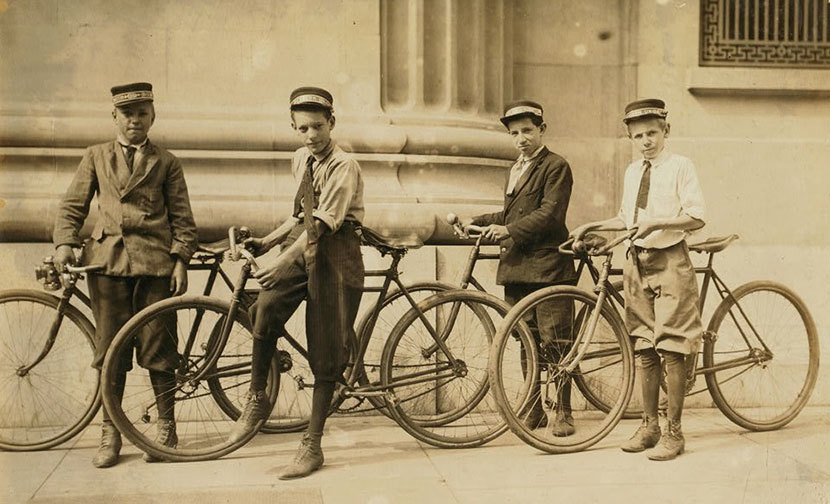*Nathanael West (1903–1940)
From _Nathanael West: Novels & Other Writings_*

Nathanael West, born Nathan Weinstein 113 years ago today (October 17), was killed with his wife in an automobile crash when he was only thirty–seven years old. At the time of his death, he was, at long last, financially secure—one could even say wealthy. Yet he didn’t earn much from his four novels, none of which sold well during his lifetime. Instead, he made his fortune as a screenwriter, at one point receiving $7,500—a king’s ransom in 1938—for a film that was never even produced.
Today, West’s work in Hollywood is largely forgotten—although the hit thriller Five Came Back, featuring a tough-talking Lucille Ball in a breakout role, still has its fans. Instead, his legend survives on the two novels considered his masterpieces: Miss Lonelyhearts and, especially, The Day of the Locust, which was included on both Time magazine’s and Modern Library’s lists of the top 100 English-language novels.
Our Story of the Week selection is the semi-autobiographical “Western Union Boy,” a sketch West wrote while working on Miss Lonelyhearts but never published during his lifetime.



